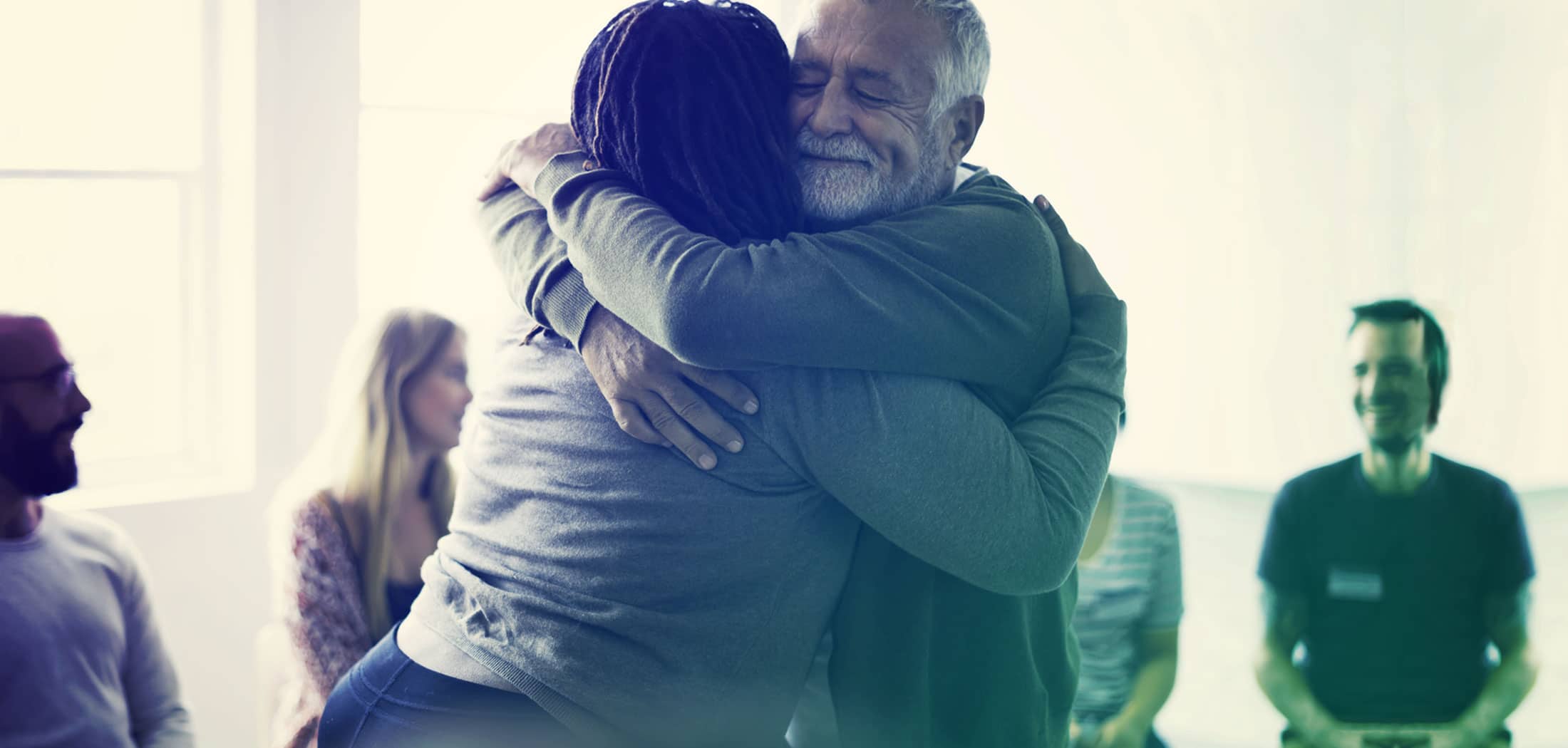There are very few people whose lives have not brushed with mental illness or addiction. In fact, they touch everyone, whether we know it or not at the time. The sufferer or a friend or family member plagued by mental anguish and a seemingly unknown path out know things have changed, but moments of insight and clarity come and go. Despite the widespread first-hand experience with mental illness or addiction, they remain among the most stigmatized concepts and processes in our modern society. Those afflicted often find themselves constrained by shadowy corridors and confined cells, limiting what they can do and how seriously they will be taken by others.
The encouragement and protection of privacy and secrecy both helps and hinders the person suffering. It helps by providing an avenue to sidestep the constraints they might otherwise find themselves affected, while it hurts them by reinforcing the feeling that they are “the other” members of society. Anyone encouraged to keep a secret about a significant part of themselves learns to wear masks, but no mask can stay on without blips, blunders, frustration, even despair. Often the only time such people feel truly accepted is among those who have similar experiences- the normalizing power of these connections has an ineffable potential for meaningful relationship, healing, even behavior change.
Currently before the California Senate is SB-10, which calls for a Peer Support Specialist Certification Program. SB-10 introduced by Senator Beall, coauthors Assembly Member Waldron and Senator Nielsen, created a new certification system to expand opportunities for people currently in treatment for mental health or substance abuse. Peer volunteers would spend time with those who have gone through similar challenges. By providing informal counseling or simply by spending time with people who are often seemingly forgotten by society, both parties are served. While peer support for people with mental health and addiction does not have to come from a government-sponsored program, the benefits to such a program are much broader than it may appear at first blush.
- It benefits those currently in treatment, “You can do it. I did.” Anyone who has walked that path knows that being able to form a connection with someone who truly understands it because of their own journey is invaluable. Any steps taken to expand the availability of those kinds of connections is worthwhile.
- It serves those who are certified to provide the support, “You have value. We recognize that.” By providing certification to individuals who self-identify as having such a history, it will demonstrate that their experience and wisdom are being given value by society at large. Helping to “normalize” this healing, rather than let silence and stigma take another jab.
- It builds up the recovery community and our society at-large, “The imperfect but recovering have value. Let’s see what more they can contribute.” Such a clarion call to those who can provide this support will help society see and accept their intrinsic value, thereby expanding the cycle of recovery to countless others. Stigma thrives when judgement masks, secrets and silence contrive a science fiction horror: some people are perfect and good. Those, with other health conditions, are not.
There will always be a place in mental health and substance abuse treatment for licensed professionals. The contributions of doctors, nurses, and therapists cannot be overstated or replaced. Adding, yet another weapon to the arsenal to fight such conditions can only increase the odds of success.
Sometimes the best motivation one can provide to a patient is a simple message. “You can overcome. I know because I did.” D’Amore Healthcare stands in support of Senate Bill 10.






































